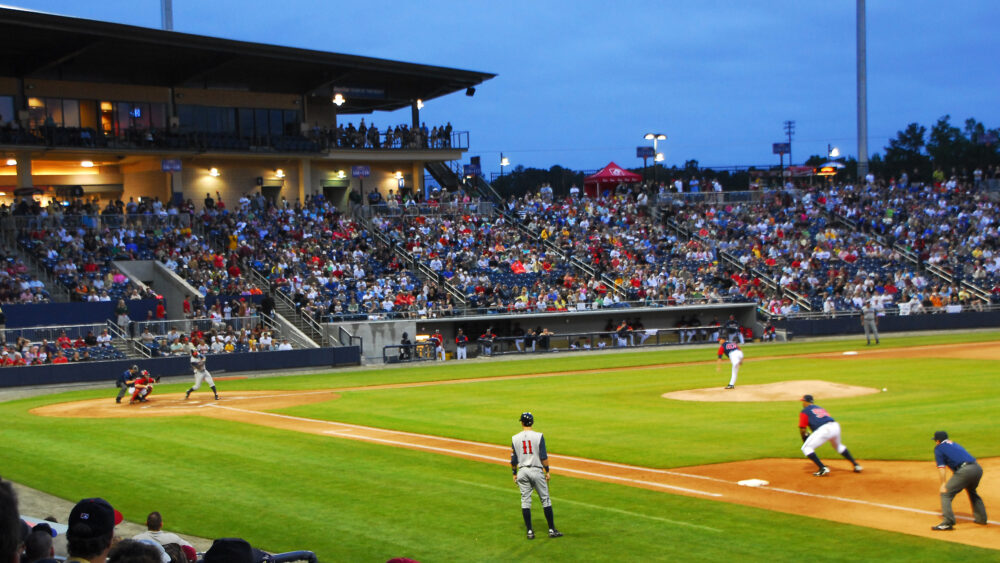Self-made superstars hold a certain mystique in our society. You probably know the story of how your favorite musician or sports star went from rags to riches; for example, Bob Marley and Stevie Nicks were both parts of the cleaning staff of hotels to make ends meet before their music careers took off. When you visit a restaurant in the New York City suburbs, there is a good chance that your server has aspirations of singing on Broadway. In professional baseball, an entire category of players has had the worst of both worlds until recently; minor league players were required to undergo many hours of training per year, in exchange for little or no pay. MLB has recently settled a class action lawsuit with a group of minor league players demanding fair pay. If your employer does not abide by laws about fair pay, contact a New Jersey employment lawyer.
MLB Settles Federal Class Action Lawsuit for $185 Million
In February 2014, a group of minor league baseball players filed a federal class action lawsuit against Major League Baseball. The class of plaintiffs includes three groups of minor league players; the first participated in spring training in Florida in 2009, the second participated in spring training in California in 2010, and the third participated in spring training in Arizona in 2011. They alleged that pursuant to MLB policy, they received little or no pay during mandatory training sessions. In May 2022, MLB agreed to pay a class action settlement of $185 million to make up for the pay it owes to the players. Approximately $120 million of the settlement money will be paid to players, and the rest will cover attorneys’ fees.
By not paying players during training, MLB violated several employment laws. Pursuant to the Fair Labor Standards Act (FLSA), employers must pay employees during training. The training wage must be greater than or equal to the state minimum wage. Likewise, employers must pay employees for overtime for every hour in excess of the 40th hour that the employee works during a seven-day period; the overtime pay must be 1.5 times the employee’s usual rate of pay. During the time that minor league players spend in spring training, extended spring training, and instructional leagues, there are many weeks when they work more than 40 hours. Seasonal employees, by contrast, are not entitled to overtime pay. Examples of seasonal employment include Halloween costume stores that are only open in October and festivals that last a few days and employing workers for several weeks of preparation for the event. The lawyers for the plaintiffs successfully argued that minor league players are year-round employees instead of seasonal employees.
Contact an Employment Lawyer About Your Wage and Overtime Case
A wage and overtime lawyer can help you get fair pay whether you are an aspiring superstar or just working a 9-to-5. Contact McOmber McOmber & Luber, to discuss your case.

